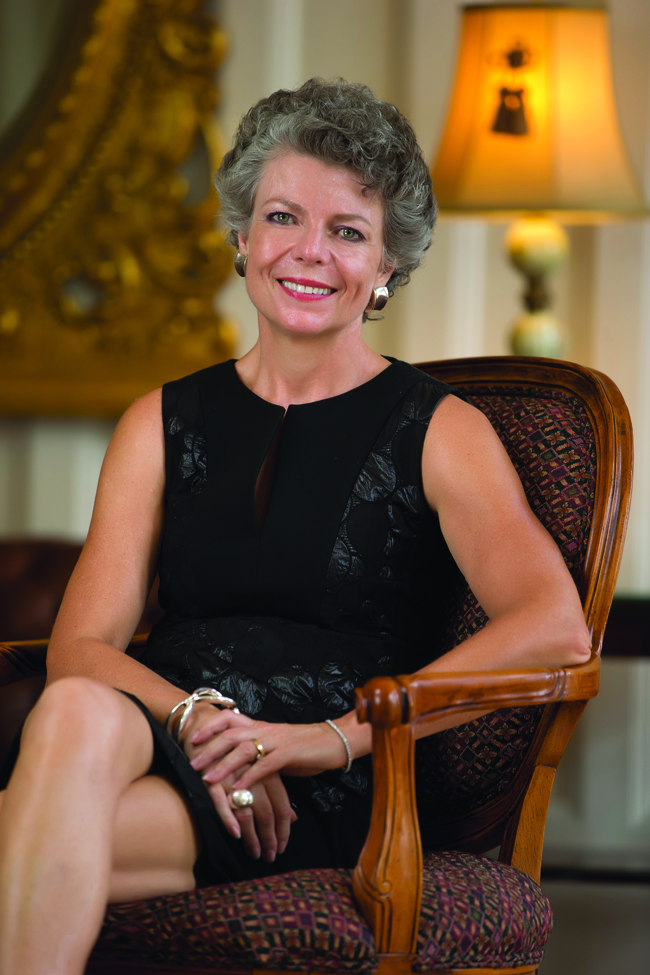
In this issue of the Peabody Reflector we celebrate a major anniversary in the history of Peabody College. It has been 100 years since the college opened its doors on our present campus as George Peabody College for Teachers.
Those who know our history know that Peabody traces its roots long before this, undergoing several name changes and relocations.
In 1911, Peabody Normal College closed its operations on its downtown Nashville campus to begin three years of planning, construction and fundraising by new president Bruce Payne. George Peabody College for Teachers reopened in 1914 as a new neighbor to Vanderbilt University with renewed vision and educational fervor.
The faculty included experts in rural economy, manual training, school hygiene and school architecture. By the summer of 1914, only two buildings were finished, Home Economics and Industrial Arts (now Mayborn); but they were sufficient to support classes for more than a thousand summer students.
The curriculum in the early 20th century reflected a desire to improve conditions for many rural Southerners, but it also evidenced two hallmarks that continue to the present: practice-oriented educational offerings capable of bearing fruit in real-world contexts, and a desire to be of service to others.
“If the past 100 years are any indication, we can be enthusiastic about our future.”
—Camilla Benbow
Over time, Peabody’s leaders enlarged the scope of the college’s mission to include training of educational administrators and to incorporate the growing discipline of psychology. Pioneering programs in special education, human and organizational development, and community psychology were to come.
Much has happened in 100 years, the merger with Vanderbilt in 1979 being the most significant. But Peabody today is also continuous with the college that was reborn in 1914. As our scope has evolved, our impact has deepened, and our ambitions have scaled themselves accordingly.
As Peabody looks forward to the decades to come, we strengthen and hold firm our historic concern for individual learners and for underserved or underrepresented populations. At the same time, we are poised to take advantage of opportunities afforded by new technologies, research methods and cross-disciplinary investigations that increasingly include biology, genetics and neuroscience.
As well, this fall Vanderbilt adopted a new Academic Strategic Plan, and we look forward to contributing to its success. Along with the rest of the university, we will focus on educating the whole student and preparing our graduates for lifelong learning, on addressing important societal problems in multidisciplinary ways, on contributing our own distinctive expertise to improving health and health care, and on developing transformational models for conducting education.
If the past 100 years are any indication, we can be enthusiastic about our future.
Camilla Benbow
Patricia and Rodes Hart Dean of Education and Human Development